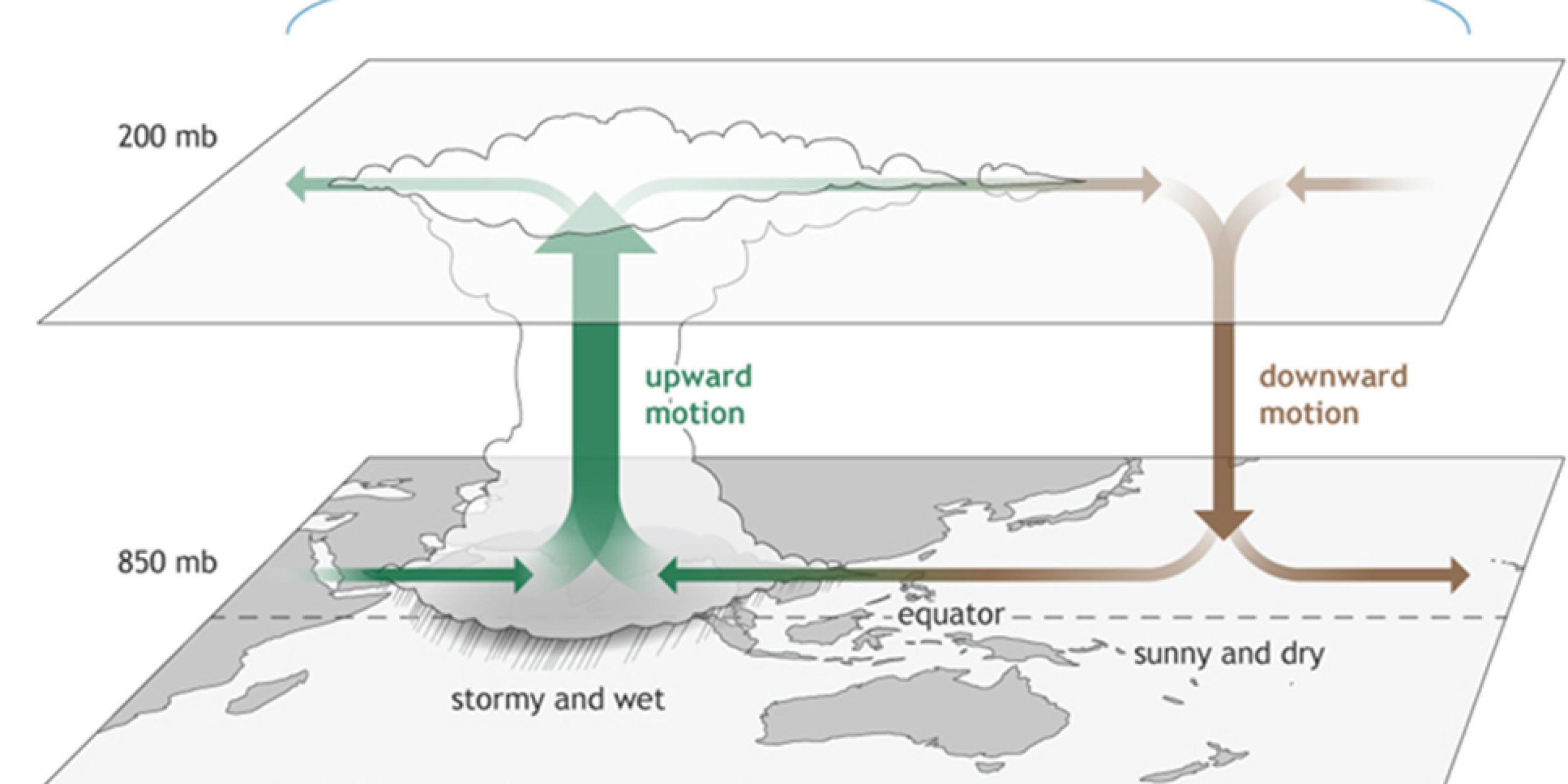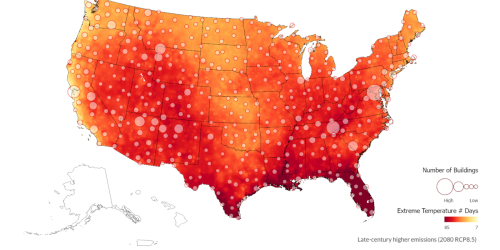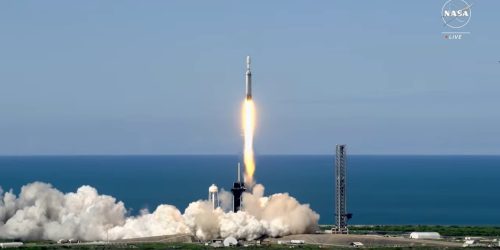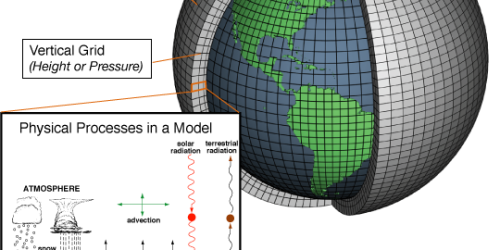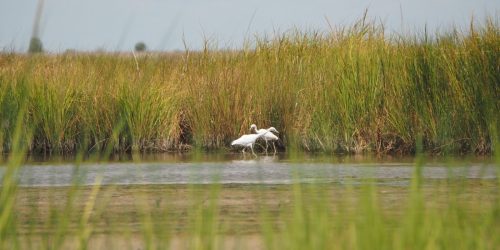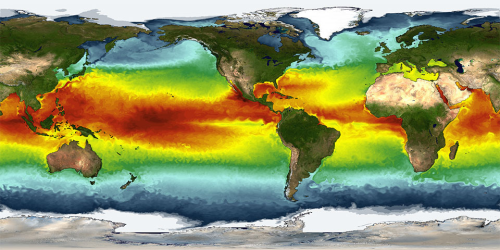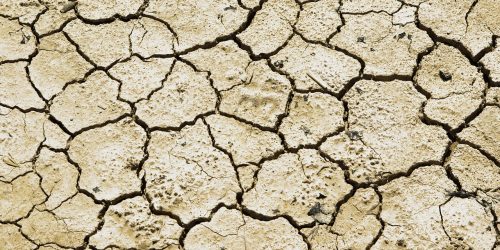Two recently published research papers about different aspects of the Madden-Julian Oscillation (MJO), a system of storms that travels eastward across the tropics and can impact weather over the United States, represent the latest contributions of CPO’s Climate Variability & Predictability (CVP) program to the international Years of Maritime Continent (YMC) campaign. The YMC aims to observe and model the weather-climate system of Earth’s largest archipelago—the Indo-Pacific Maritime Continent, which impacts the MJO’s life cycle—to expedite advances in understanding and predicting its local variability and global impact.
In “Effects of MJO Vertically Tilted Structure on Its Phase Speed from the Moisture Mode Theory Perspective” published in Journal of Climate and supported by CVP, researchers Feng Hu and Tim Li investigate how MJO structure affects its speed as it travels through its eight phases. Studying 84 MJO events from 1979-2012, Hu and Li found that the more titled the structure, the faster the phase speed. They provide detail on the physical mechanism through which the structure-speed influence occurs.
In “Dynamic and thermodynamic modulations of the convectively coupled equatorial waves by the MJO” published in Environmental Research Communications, researchers Yan Zhu and Tim Li examine how the MJO impacts the major, large-scale types of atmospheric waves in the tropics and whether the intensity of these waves is strengthened or weakened by MJO convection. These waves play an important role in tropical cyclone genesis, interaction with the MJO, and affecting rainfall variability. They found that separate wave types respond differently, particularly to MJO wind shear and specific humidity.
The September 24, 2020 session of CVP’s Years of Maritime Continent and PISTON Campaign Webinar features an overview of Li’s work related to this CVP-funded research.
Read the Journal of Climate article »
Read the Environmental Research Communications article »
YMC is a multi-agency, multinational study led by NOAA, co-supported by NOAA/CVP, NSF, NASA, and DOE with partners the Indonesian Meteorology Service (BMKG) and the Japan Agency for Marine-Earth Science and Technology (JAMSTEC). PISTON is an Office of Naval Research (ONR)-led campaign, co-supported by CVP.


